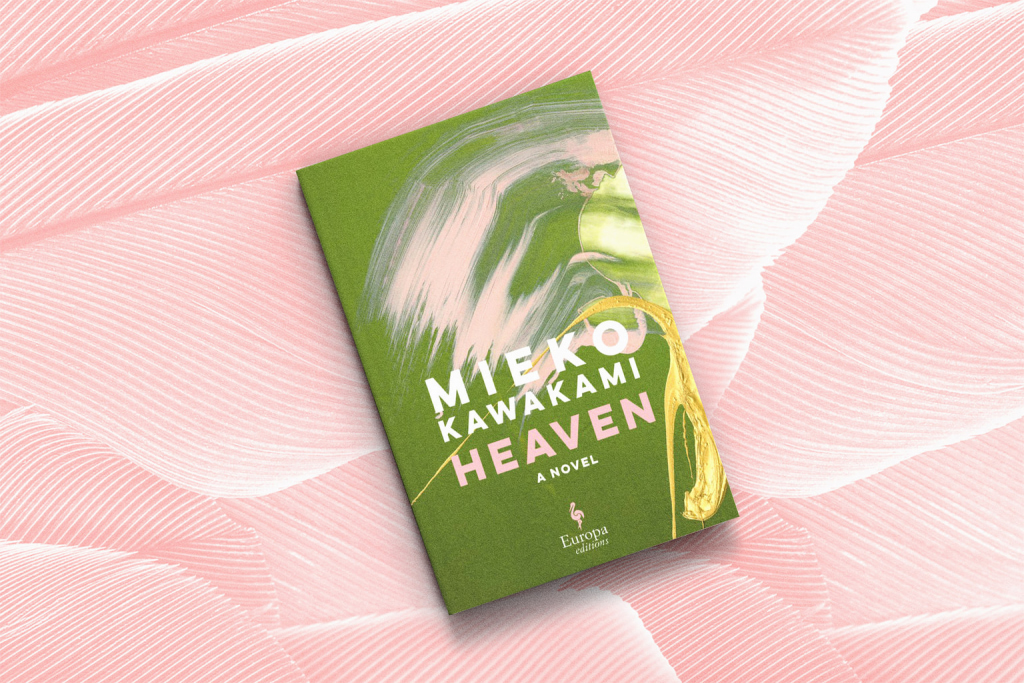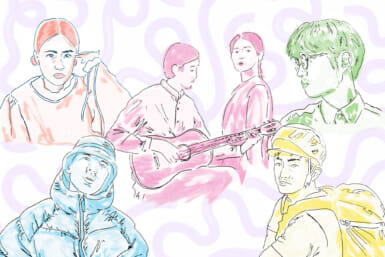Praised for her controversial and often unsettling writing, Mieko Kawakami has become somewhat of a modern icon in Japanese literature. Her masterpiece Breast and Eggs daringly portrays the perils of womanhood in a patriarchal society and her novel Heaven accurately depicts the many complexities of bullying. With a recent translation out this year called All the Lovers in the Night, a dreamlike and sentimental story about a young and lonely woman longing for connection with others, Kawakami is quickly on her way to becoming one of the most influential female and international Japanese writers.
If you’re as obsessed with Kawakami as we are and have already devoured all her books, you may start to wonder if there are more.
No need to worry, as there are more female writers who, like Kawakami, write with grit and like to defy conventions. Although no one author writes exactly like another, if you love the invigorating and thought-provoking nature of Kawakami’s novels, you’ll definitely want to add these five authors to your to-be-read list.
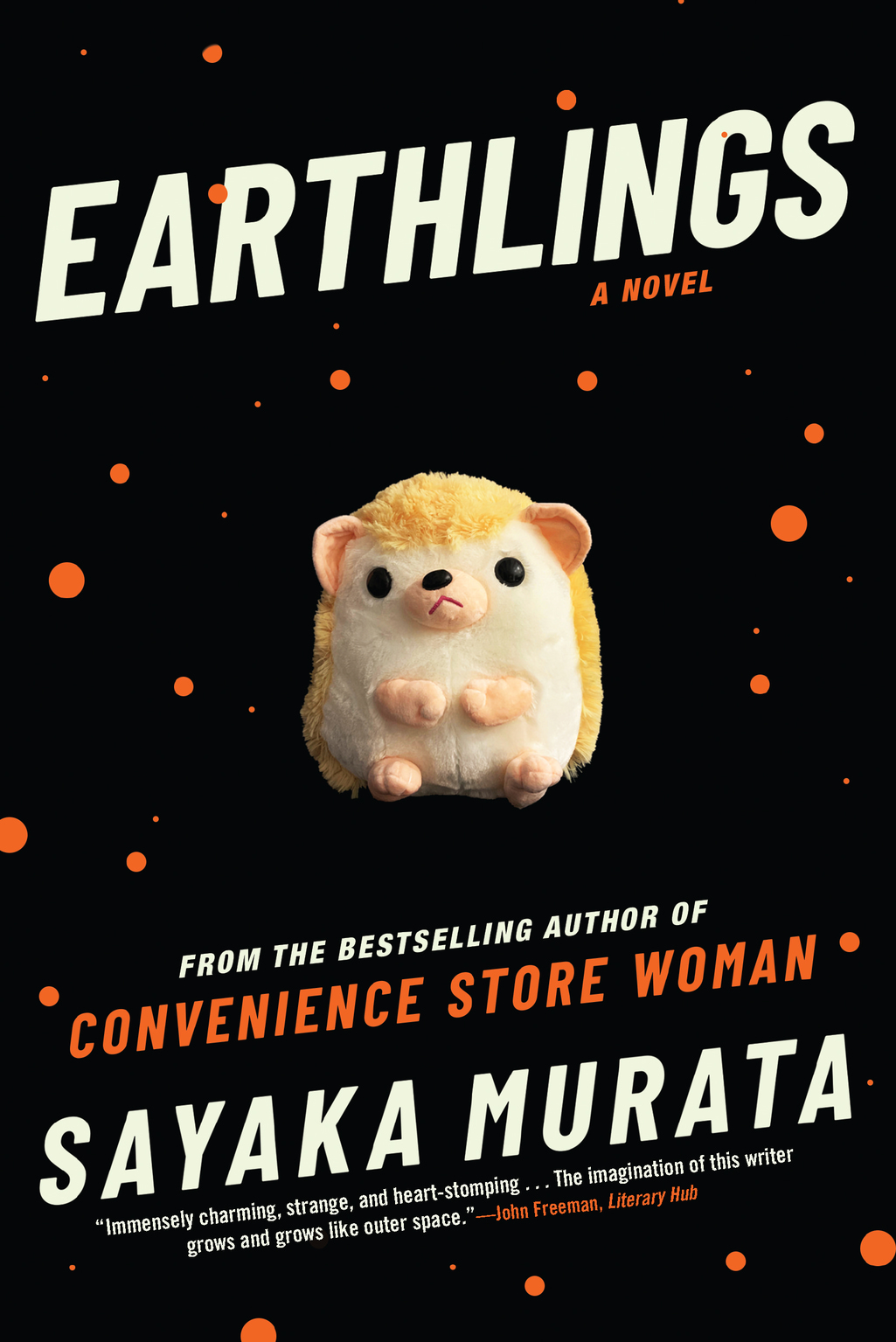
1. Sayaka Murata
Kawakami and Sayaka Murata often stand side by side in the modern female author spotlight. The reason is that both write about the female body with such fearlessness. Although there is a shift in gender roles in Japan, it’s slow, and both authors point to the misogynistic society in which women are either heavily sexualized or fit only for birth and the household.
Our recommendation: Convenience Store Woman (translated by Ginny Tapley Takemori)
Murata writes with candor and humor as she points out society’s expectations of women and the threat of conformity. I laughed out loud and cried out loud simultaneously.
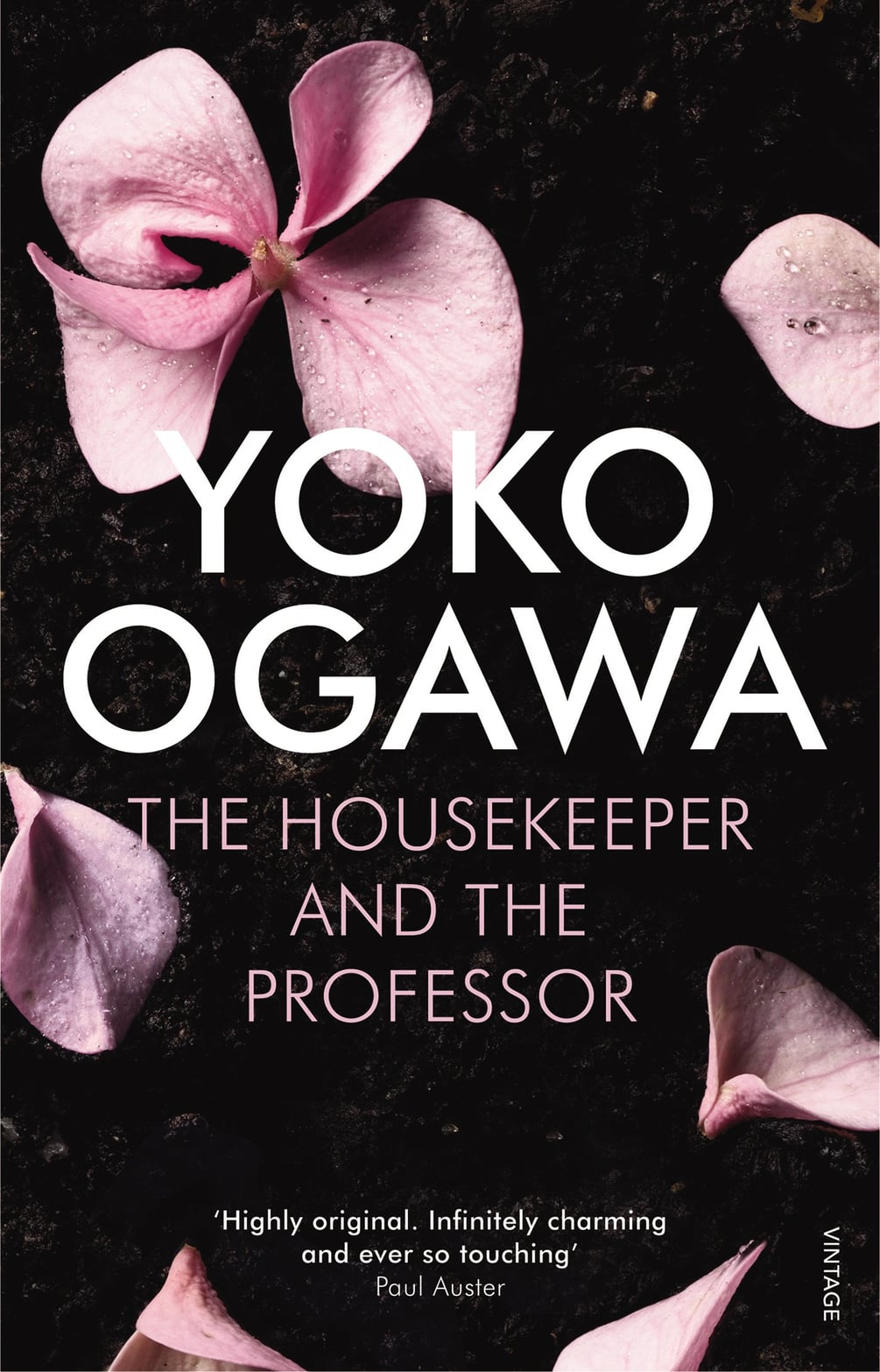
2. Yoko Ogawa
Yoko Ogawa is one of my personal favorites, as she likes to write about deeply allegorical and philosophical topics in a calm and approachable, yet eerie way. Ambiguity is always at play in Ogawa’s work. Often set in vaguely reminiscent yet otherworldly places, Ogawa pulls you into her magical realist prose.
Our recommendation: The Memory Police (translated by Stephen Snyder)
An absolute masterpiece of dreamy science fiction that’s set on an island swept by an uncontrollable force of forgetting; from frivolous objects to more intangible things. It’s a novel that makes us question our own transience and that of our memory.
View this post on Instagram
3. Hiromi Kawakami
Hiromi Kawakami writes about the mundane in a very lyrical and almost cinematic way. Many of her works are able to capture human connections and reflect emotional realness with a spark of wit. Her style is often compared to that of Banana Yoshimoto for its quirkiness.
Our recommendation: Strange Weather in Tokyo (translated by Allison Markin Powell)
This novel details fragments of a developing relationship between a woman and her former teacher, infusing Tokyo nightlife and various traditional dishes that’ll make your mouth water.
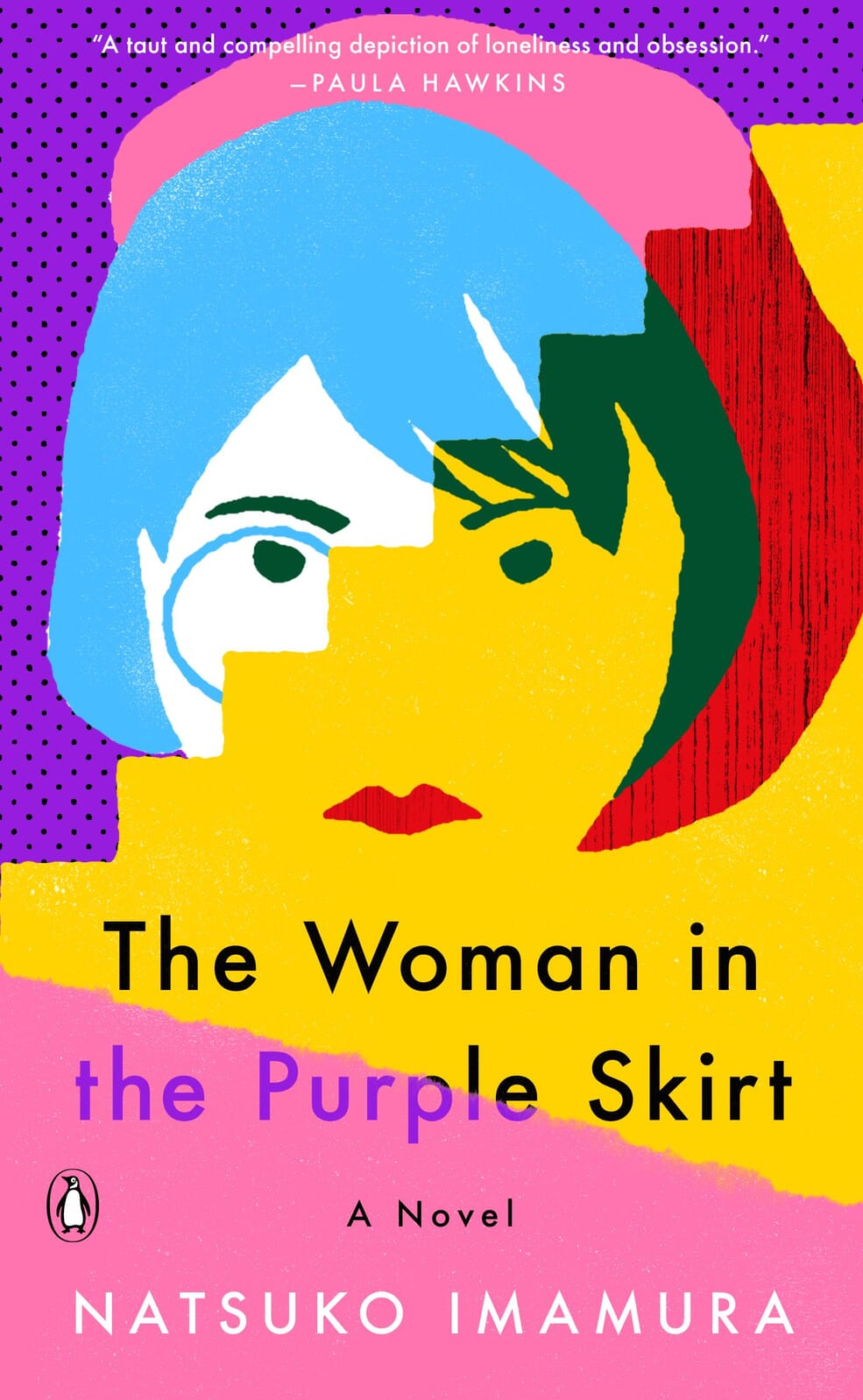
4. Natsuko Imamura
Natsuko Imamura is a fairly new author who writes about painful stories at a haunting pace and with a satirical note. Unfortunately, she only has one novel translated to English so far, but we’re hoping for more in the coming years.
Our recommendation: The Woman in the Purple Skirt (translated by Lucy North)
An unsettling and subtle story about a woman in a purple skirt who is observed minutely by a woman in a yellow cardigan. Although not outwardly critical of society, it examines the vulnerability that can come from making connections with other people through a comical lens.
View this post on Instagram
5. Hiroko Oyamada
Hiroko Oyamada has a captivatingly mysterious aura. Her work often blurs the boundaries between human and non-human life in an uncanny way. Her novels make you think you’re in a hallucination, but the surrealism of these illusions chillingly blends into the real world, which makes for bizarre and gripping stories. Another reason to read her work, if you love Kawakami, is that she has the same translator, David Boyd.
Our recommendation: The Hole (translated by David Boyd)
Described as a modern take on Alice in Wonderland, The Hole dreamily captures the confinement and loneliness of a housewife who finds herself in a symbolic hole of desperation. The novel poses a feminist critique on social norms and gender roles, as it questions the reality of its protagonist.

